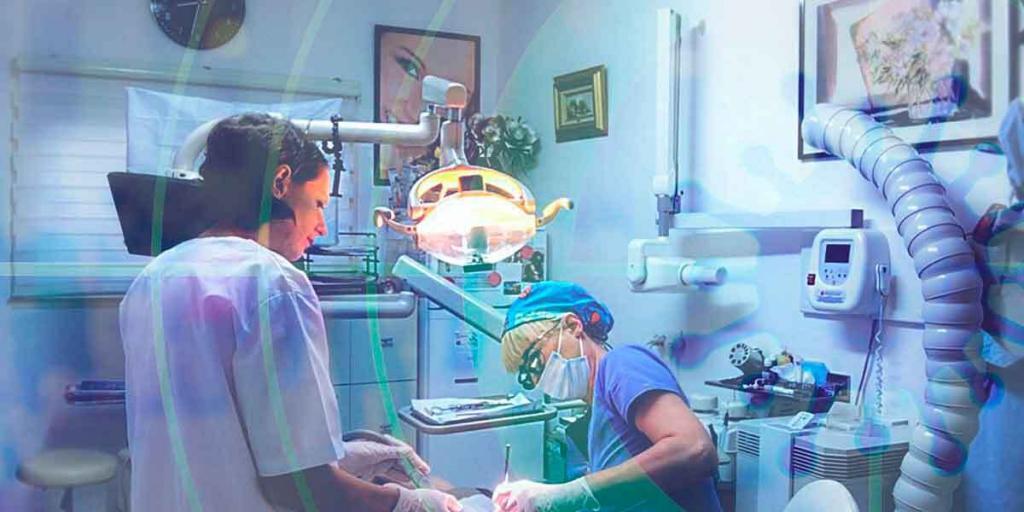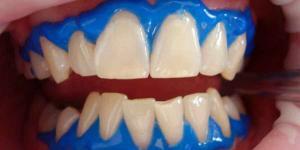In case you decide to go for an implant, you should understand that there is a likelihood of the process of not being successful.
For your information, implants can and might fail due to several factors that we are going to look into in this article. This explains why you need to get a good dentist who can tell you about the possibility, and the rate of failure.
The good thing is that with proper planning, implants have predictive rates of success that you will be informed about. As new technology comes up, the success rate improves on a larger scale.
So, what makes dental implants unsuccessful? Well, several risk factors can cause this failure. Unfortunately, the success rate is about 95 percent, which is because some of these risks are unavoidable.
An Implant’s Anatomy
Before we delve into why implants fail, we must first understand the basic structure of the implant itself. Each implant comes in three parts. The first one is the body, which gets inserted into the jawbone. The other two parts are the crown and abutment. The dentist fixes the abutment first, then the crown before aligning them with adjacent teeth.
A problem can arise with any of these three parts during the preparation and installation of the implant.
When the dentist gets the implant inserted in the jawbone, it undergoes a biological procedure known as osseointegration for it to function. During this process, the patient’s body generates bone cells. These cells start growing around the implant, anchoring it to the bone.
With time, a healthy bone continues to develop around the implant. If this process gets interrupted, implant failure may occur.
Implant Failure Causes
Early Implant Rejection
Our body composition is different, and while most bodies may take up the implant fast, some bodies might not. These kind of bodies are highly sensitive to any foreign object, and may often reject any form of implants before it gets completely installed in their dental system. One most common cause of this rejection is a metal allergy, which the dentist will discuss before coming up with the right material to create your implant.
Late Rejection of the Implant
The body of a person may reject the implant several days or weeks after osseointegration has happened. The rejection occurs typically because of trauma, poor hygiene, and several other factors. Improperly aligned teeth surrounding an implant can make it lose the connection with the underlying bone.
Poor Dental Hygiene
Although dental implants are not made from a natural material, they need to be appropriately cleaned; otherwise, they will fail.
How to Identify an Unsuccessful Implant
After inserting the implant, a few signs will show you that it is failing. These include:
Radiating Pain
The healing process after inserting an implant comes with some pain, but if the pain persists, you need to contact a dental office. Usually, the pain of dental insertion may last for a few days, but it is advisable to confirm that it is normal dental pain.
In case it is an implant’s failure, then it is better to correct it earlier than later.
Gum Inflammation
The course of healing after getting an implant may be accompanied with some swelling. However, if the swelling continues to persist or is accompanied by pain, then this is something you need to get concerned about. The gums will become red and painful, signaling infection.
If the infection is left untreated, it might spread to other sections of your oral cavity and go systemic. It is advisable to call a dentist as soon as you realize that your gums are infected so that they are treated early enough.
Remember, a full-blown infection is difficult to treat; therefore, the earlier, the better.
Dental Implants that are Mobile
An implant has to stay secure in the jawbone all through, even when a person is chewing. The feeling should be like that of a typical tooth. If, however, you feel like there is a foreign substance in your mouth, there could be a problem. Call the dentist immediately. A loose tooth is dangerous when still in your mouth, and it needs to get removed first.
Difficulty Chewing
When there is pain each time you bite down or chew food, this is a definite indication that the implant is not sitting well. The implant should not feel any different from the other natural teeth at any time. The look and function should not be any different from ordinary teeth as well.



